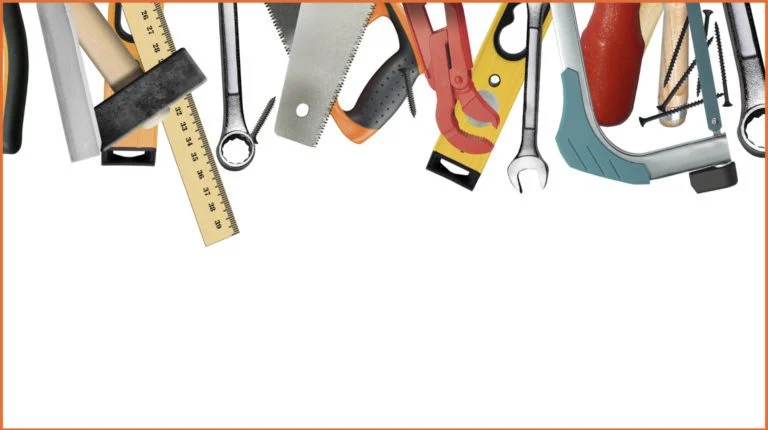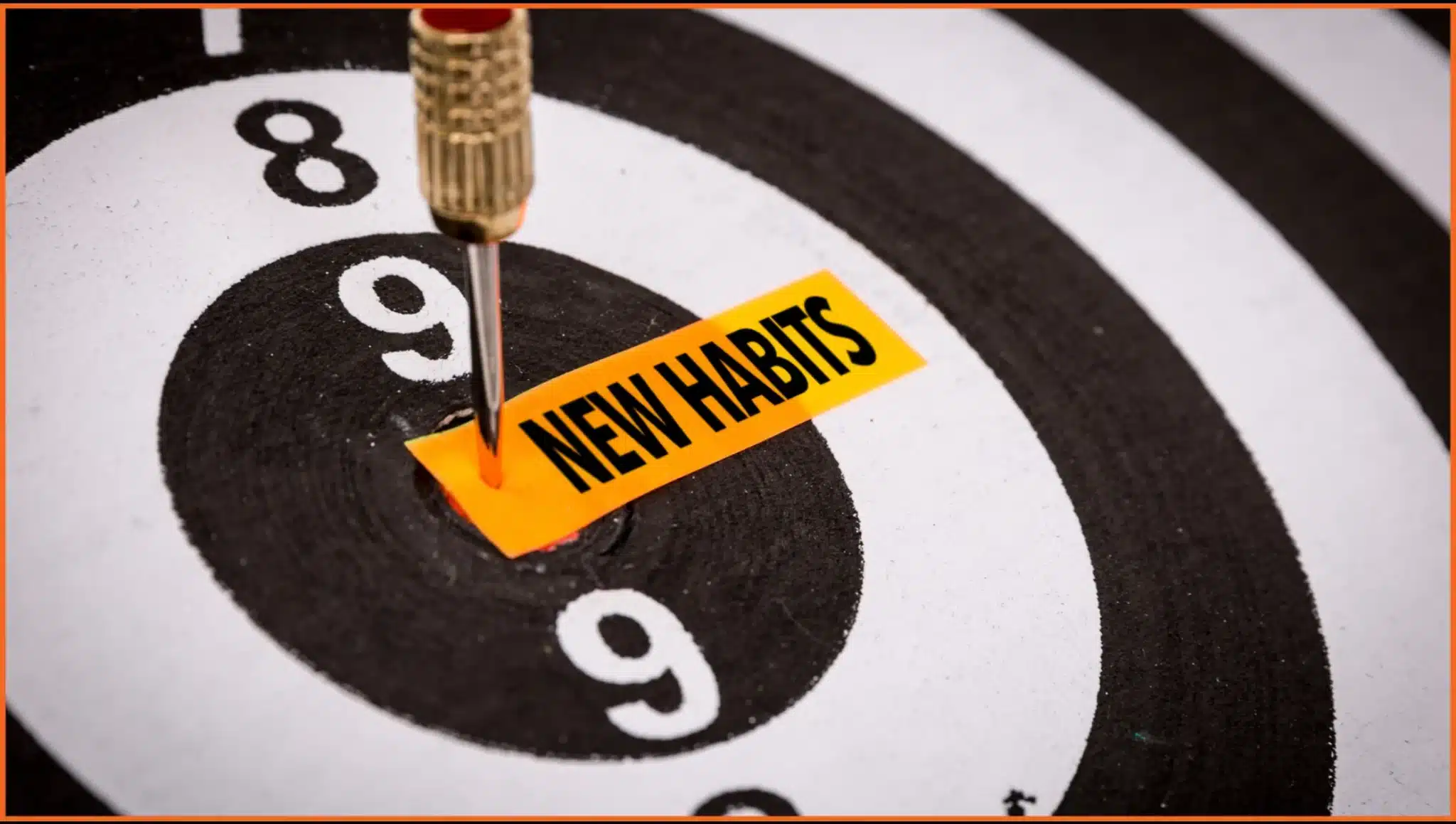Reflecting back on the early nineties, when I began my career as a medical sales rep, I was a shy youngster, who wouldn’t like to stand-out. However once, very early in my career, I stood up to the interviewing board of Sun Pharma, when they were selecting for an 8-member team (across India) to discuss clinical studies with doctors.
For Lucknow HQ, a place where I belonged to, we were two nominees. The board went with my experienced colleague. I was heart-broken. Then I came to know that one of the other HQs (Jaipur) was still open. I went back to the board and asked them: since they had said that I did well in the interview, and since I had consented to be locationally mobile, what would stop them from considering me for Jaipur? I got selected.
The point of the story is to bring up the distinction between ‘assertiveness’ as a personality trait (preferred behaviour or preference) and ‘assertiveness’ as a skill. This article is focussed on the skill part with a belief that we all can learn and improve upon how we assert ourselves, irrespective of the individual personality type. Doing so helps us to effectively flex our way between being empathetic while expressing ourselves, to being directive like a commander or a surgeon – when a situation demands.
Assertiveness is a vast topic, and I would restrict myself to the ways in which one can assert himself in the corporate setting. Let’s start by defining “Assertiveness”, to suit that context.
“Assertiveness is the ability to stand up for oneself, and express
one’s thoughts and feelings clearly, in a respectful manner.”
Sounds simple, isn’t it? Yet, more and more organisations are reaching out to seek training for their employees on ‘speaking up’, ‘challenging the status-quo’, ‘engaging in healthy conflicts’ and ‘questioning authority, if need be’.
Why?
Because this is where some work needs to be done. An organisation can move faster only if employees are aligned. This alignment comes when all have spoken, debated, and finally agreed upon the best course of action. When that happens, the commitment is likely to be wholesome.
The Roadblocks
Table of Contents

In my experience, there are three main reasons why some of us, sometimes display behaviour that leaves us with pent-up feelings, rather than expressing or asserting ourselves. These reasons are:
1. Power band
Power band is the power distribution within a relationship. An uneven power band leads to one person taking control over the other. This diminishes the ability of the person being controlled to be assertive. This can be because of the personality types (passive person/ aggressive person), position (boss/reportee), relationships (older/younger).
2. Power distancing
This is a cultural thing. Power distancing was made popular by a Dutch Social psychologist Geert Hofstede, in simple terms, it is the distribution of power between people in authority, and those who aren’t. In a culture, if power distance is high, followers expect and accept that people above them are ‘superiors.’ They are wired to take orders from superiors without questioning their authority. They also believe that if things go wrong, superiors will take care.
3. Play of emotions
Fear and anger are two major reasons people don’t assert themselves. The inability to handle anger in other person, and to overcome one’s own fears make people retreat into their shells.
In my journey of thirty years in corporate, where I grew from a sales rep to the Director in one of the companies, I figured out ways to work through these roadblocks and effectively exercise my ‘assertiveness’ muscle. Reflecting on all my experience on how I dealt with (or could have dealt with) assertiveness issues, I grouped my tactics into a “FEND” framework for easy access and recall. I am going to share with you this framework of tried and tested tools to help you assert better.
For those who have been struggling with it for a while, can change happen overnight? The answer is “No”. But you can start your way from the top of pyramid for quick results and then work your way deeper to make powerful transformational changes in your approach to be assertive.
For others, they can straightaway deep dive into reflecting upon their inner drive and leverage that to grow.
The Assertiveness Toolkit: “FEND”

Flexing your way through
Think of any situation where you said “yes”, when you actually meant “no”. Why did you do that?
If you are being asked to do something, which for justifiable reasons, you don’t want to do but you are compelled to say yes for whatever reason – handle that situation authentically by using ‘flexibility’ as a lever. Few simple ways to do that:
1. Start small
Saying “no” is not always easy. But it is needed to protect your boundaries. If you are not used to this – start building your “NO” muscle. Start small – start with ‘low-stake’ things. As you get small victories, you would start becoming better at it.
2. Buying time
If you can’t trust yourself saying “no” to a request, don’t immediately commit. Take some time off to prepare yourself to come back with a good reasoning/ data. In the moment, saying, “give me some time, I would come back to you,” is a reasonable response.
3.Giving options
If you are hard-pressed for time and are called for a non-critical meeting, decline politely by giving an option that you would convey your position. You can use a language like: “sorry, but this doesn’t work for me, how about (and name the option.)”
4. Being coach like
You can also exercise assertiveness by asking questions in a way that makes others think and reflect. When you become good at it, you don’t need to “push a point” or “tell” people what they should do but you assert by “asking” questions. “Why do you think this is important?” or “what are your apprehensions?”
Expressing your Feelings

Many of us are not comfortable expressing emotions. It is easier to remain in your inner world rather than deal with the feeling of vulnerability. The problem is people aren’t mind readers. Unless we try expressing how we feel, people around can’t figure out what’s bothering us. It is in our interest to learn to express how ‘we feel’.
Since it is not easy for all, you can try something different. When someone is pushing his agenda hard, you don’t focus on ‘him’ but shift the focus to ‘how you are feeling.’ You can tell him that you feel pushed or excluded. Since you are talking about ‘your’ feeling, no one can deny that! That is your feeling and thus is completely legitimate. I have been in situations where I have felt pushed into a corner. I felt bad, overwhelmed, and completely unable to assert myself. At such times, I have reminded myself to start with expressing ‘my feelings’, and it did make a difference.
Nurturing your Inner Strength
In situations where you find it difficult to assert your wants and needs – you either clam up or blow up. When you clam up, you carry pent-up emotions which are neither good nor healthy for you. And if you blow up – you are likely to blame someone, and the whole issue might turn into a personality clash. Anger and Fear make it worse. The difficulty of handling anger in another person, and the challenge of overcoming your own fears, often makes people retrieve into a shell.
In either of the scenarios, you would need to connect with your inner strength. The belief that you are not defined by how others judge you but rather by what value you put on yourself. This belief brings calmness and self-control, even in highly emotional situations. People’s opinion is wavery. It is painful to link your worth to something which is such. For example, we all have known Dhoni as a captain cool. I remember a time when the team was down in the dumps for a long stretch, and during one such match where India was in a pathetic situation, a commentator wondered why Dhoni was not jumping around, why he was so calmly standing behind the stumps as if he has run out of ideas! The point being, what was his strength, quickly became a weakness in the eyes of others, just because he was not winning, in that stretch.
Would you care too much for such a shifting goal post?
Connecting with your Drive

Think about a day when you desperately want to do something. The drive is likely to keep you focused as if you were carrying a banner ‘don’t disturb’ to all the distractions. On another day, when you don’t have a clear agenda, you are more likely to give-in to some of other people’s priorities, and letting your day get hijacked.
Connecting with your deepest motivation helps you to leverage that, to stand up for yourself and express your thoughts and feelings clearly. Let’s take the metaphor of ‘jumping’ as a sport – the current world record for high jump is 2.45m and that of the pole vault jump is 6.18m. Point is – hoisting oneself on a strong pole lets you jump higher by at least 2 times. If you are struggling with asserting yourself, dig deeper into yourself and try to locate your deep desires and wants – these are those “poles” which can help you hoist and assert yourself. Go after them and leverage them wholeheartedly.
Here are a few possible “poles”:
a) Drive to grow
My parents had strong belief that I would do well for myself. I didn’t do well in college and that limited my job options, despite that I had this strong drive to grow irrespective of where I would start from. That day, in front of the top leadership team of Sun Pharma, which constituted the interview board, it was my this “drive”, coupled with the value of ‘fairness’, which helped me to create an opportunity by asserting myself.
b) Drive for Impact
In organisations, leaders often get carried away by the authority bestowed in them because of their role. They start believing they have all the answers, and they would always be right. These could be very senior ‘revered’ leaders. But as they lay down their plans or execute them, others can sense that something is not right. But because of the power distance, people don’t speak up. The decisions they take impact you as well, hence, if you think something is amiss, speak up – not because you want to confront, but because you care.
Malcolm Gladwell in his book ‘Outliers”, gives account of plane crashes that happened because the co-pilot (often much junior to the pilot) in the cockpit didn’t speak up, when he should have.
I have witnessed such crashes happening in the corporate world too, people figured out that what was happening was too short term, but no one spoke, and one day the bubble eventually burst, impacting not only the leader but everyone else. These are just two examples of what could be your inner drive. What is important is for you to dig deeper into yourself and put a finger on the thing that drives you the most. One that you “value” most, and which you would do anything to protect or progress that.
The way forward

Recently I came across a saying ‘you can’t do much carpentry with bare hands.’ How true is that! Without proper tools, you would hardly be able to do much. The “FEND” framework gives you an easy and important tools for your tool kit in case you need to assert yourself more.
How do you grow muscles in a gym? You do repeated enactment of an exercise (rep) for a particular muscle. As you consistently do these ‘reps’, the muscle goes through a process of wear and tear, which is painful but soon it starts building itself up. Repeated enactment of one or more of these tools would definitely strengthen your assertiveness muscle – for your own sake and for the sake of people around you. Time to be a smooth assertive operator – flexing your way, depending upon the situation.










